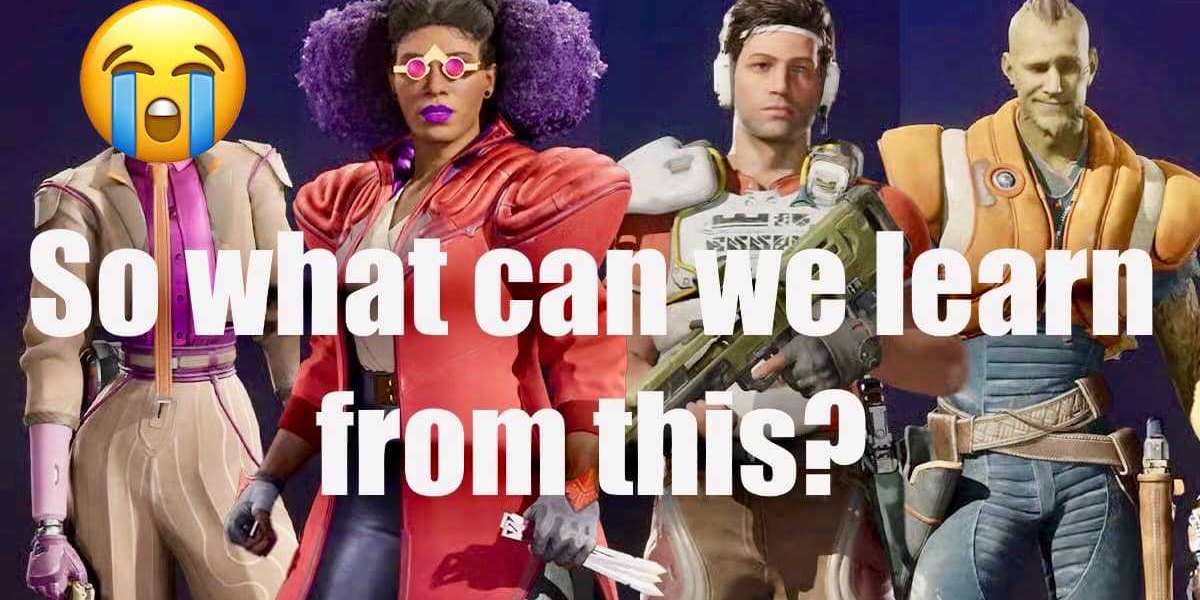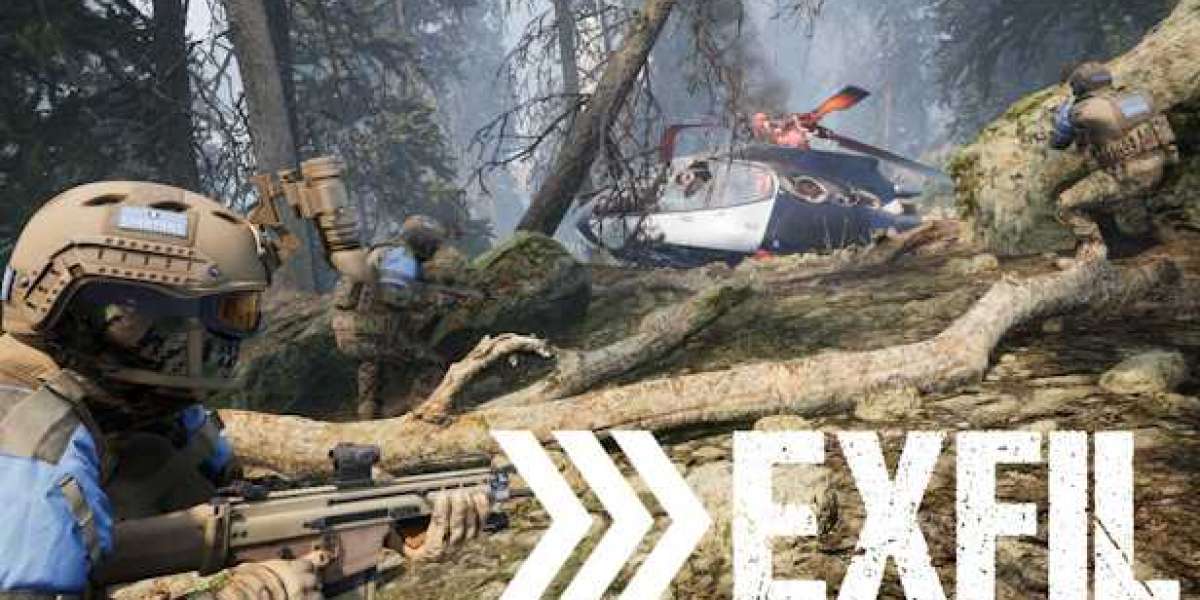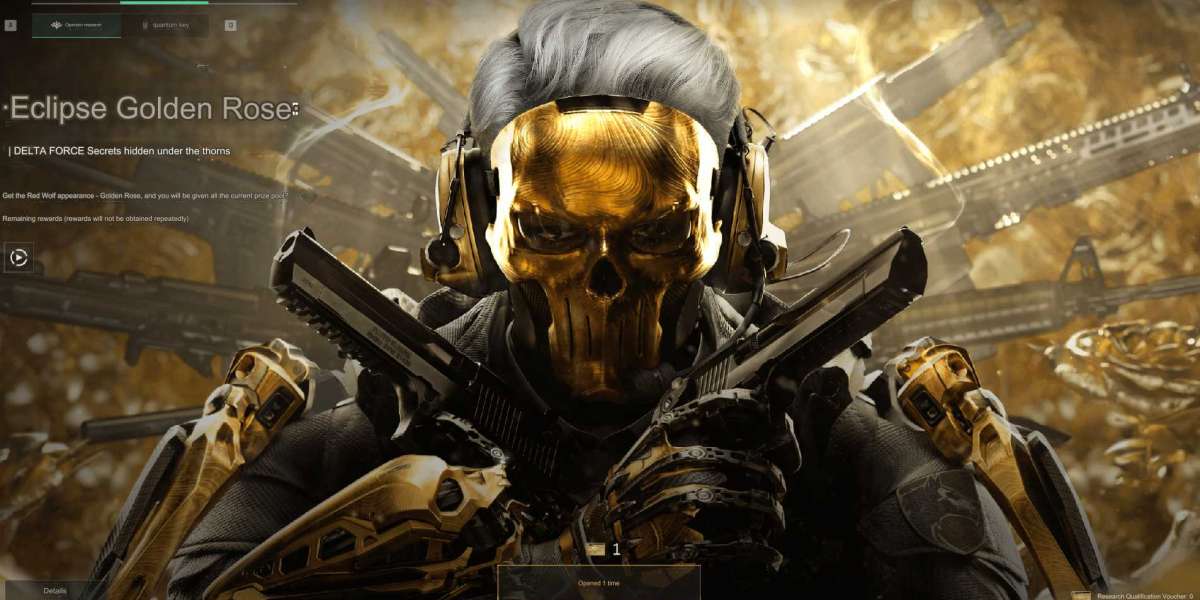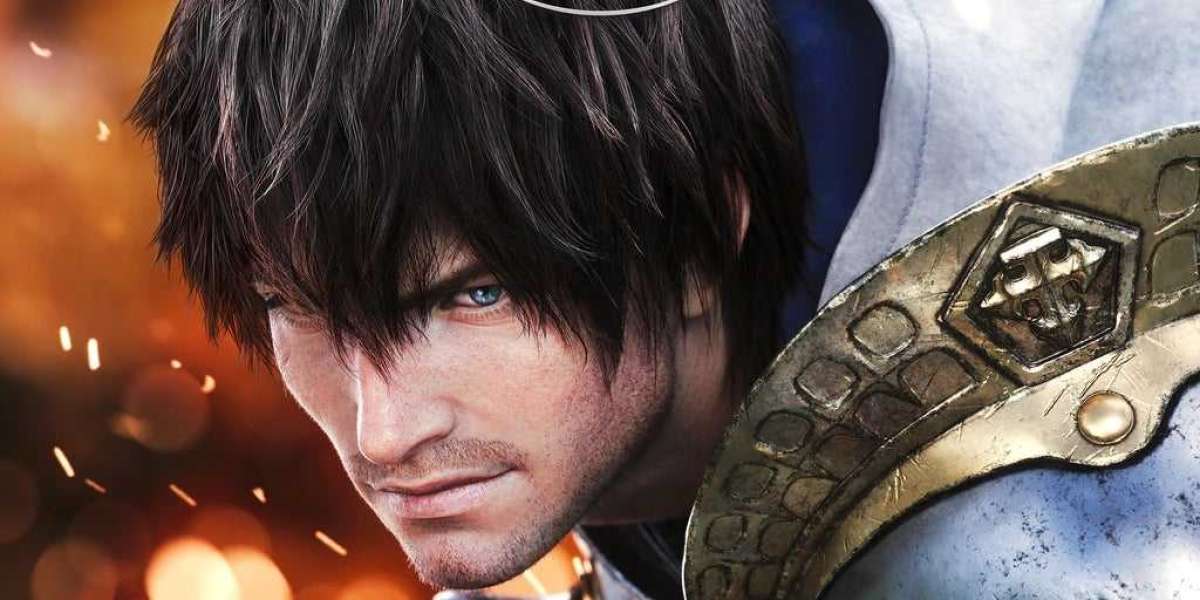? Concord: A Cautionary Tale for Hero Shooters ?
Developer/Publisher: Sony ?️
Platform: PlayStation, PC ??
Release Date: 2024 (Briefly) ?
Genre: Hero Shooter ?
Elevator Pitch: How Concord’s $300 million hero shooter bombed in just 11 days, and what other devs can learn from it.
Overview ?️
Sony’s Concord was the latest to join the hero shooter battlefield but became one of the fastest to leave it. After burning through a staggering $300 million, the game was shelved a mere 11 days post-launch. In a crowded genre where Overwatch and Apex Legends reign supreme, Concord was like that new kid at school who wore the wrong uniform and brought a math book to English class. A mess from start to finish, it’s now a cautionary tale on how not to make a hero shooter. So, what went wrong? Let’s unpack the disaster.
? Why Concord Crashed in 11 Days ?
1. It Looked Like a Snooze-fest
Hero shooters live and die by their characters, right? We all remember how Overwatch took off with its super-colorful cast of heroes. Concord? Nah, these guys were about as memorable as an old boot. Bland designs, uninspired aesthetics—it was like someone hit “randomize” in a character creator and forgot to click "backspace." People online were brutal, calling the characters “Marvel rejects” and criticizing the whole look. In a genre where you need personality, Concord was just... there. You simply can’t have a personality-driven game without personality.
2. Free-to-Play? Nope.
Here’s where they really messed up. Concord went with a pay-to-play model while its main competitors (Apex Legends, Valorant) are completely free. Imagine walking into a buffet where everyone else is eating for free, and then you’re told to pay for leftovers. Yeah, no thanks. To survive in today’s hero shooter world, you either need to be free-to-play or bring something so good that people don’t mind shelling out cash. Sadly, Concord did neither.
3. Content? What Content?
You know how every time you open Fortnite there’s something new, like an alien invasion or a collab with Star Wars? Yeah, Concord didn’t get that memo. At launch, the game was embarrassingly bare—few maps, barely any modes, and no plan for what was coming next. If you don’t hook people in those early weeks with exciting updates, they’re out. And guess what? They were.
?️ Lesson 1: Innovate or Die!
If you want to make a hero shooter in 2024, you better bring something fresh to the table. Overwatch gave us groundbreaking team dynamics, Apex redefined fast-paced combat with tactical elements. Concord, though, felt like it was playing catch-up, offering nothing new. And that’s just it—players have so many options today. If your game isn’t doing something different, it’ll disappear faster than the last cookie at a family BBQ.
?️ Lesson #2: Free-to-Play Is King
This one’s easy: If you’re making a hero shooter, it better be free-to-play, or you better have something truly unique. Concord ignored this rule, and it paid the price (literally). These days, free-to-play isn’t just a model—it’s an expectation. Even if you’re sitting on a mountain of content, the initial entry has to be free. Let players get invested first, then drop those sweet, sweet cosmetics for them to buy later. Instead, Concord charged upfront and offered little in return.
?️ Lesson #3: Don’t Forget the Long Game
Launching with a bang is cool and all, but what really keeps a game alive is long-term support. Destiny 2 didn’t become a juggernaut because of its first month; it’s still kicking thanks to years of updates, expansions, and tweaking based on player feedback. Concord, though? No updates, no roadmap, no future. Games today are living, breathing things that need constant care. If you’re not ready to support your game after launch, don’t even bother hitting “publish.”
?️ Lesson #4: Genre Fatigue Is Real
Here’s the truth: Hero shooters are a dime a dozen. To succeed in this market, you need to blow people’s minds. Concord didn’t innovate, and it fell flat. We’ve seen this before with Battleborn and LawBreakers—big money, decent concepts, but no real innovation or unique identity. They burned out fast, and Concord followed in their footsteps. Timing matters, too. The gaming world wasn’t craving another hero shooter, and Sony learned that the hard way.
? The Future of Hero Shooters ?
Concord serves as a grim reminder: Gamers want more. More innovation, more accessibility, and more updates. If you can’t give them that, they’ll move on before you even have a chance to say “patch notes.” Hero shooters are far from dead, but the competition is fierce. If you want to play in this arena, you’ve got to come with a fresh concept, a killer free-to-play model, and a long-term plan. Otherwise, you'll end up like Concord—a blip on the radar before getting booted out of the game.
Conclusion ?
The lesson here? Don’t try to play it safe. If you’re developing a hero shooter, you better be ready to innovate, embrace free-to-play, and commit to a long-term strategy. The days of hoping for success just by showing up are long gone. With Concord, we learned what happens when a game brings nothing new to the table, and it’s not pretty.
Game Tags:
Hero Shooter, Multiplayer, Online PvP, Free-to-Play, Competitive Gaming





















